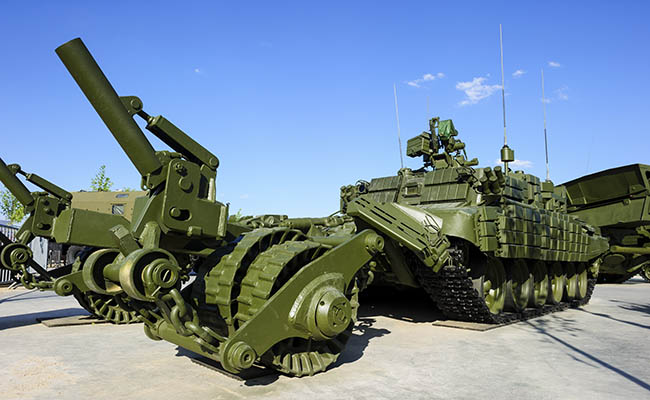The Defence Procurement Procedure 2016 is likely to be issued soon with "path-breaking and game-changing" reforms, focusing on indigenisation, Make in India, growth of MSMEs, skill development, job creation and technology adoption.
Source: PTI

Defence Procurement Policy aims to cut down the process and time required to realise state-of-art defence equipment
February 23, 2016 | 05:30pm IST

 Defence Procurement Policy aims to cut down the process and time required to realise state-of-art defence equipment
Defence Procurement Policy aims to cut down the process and time required to realise state-of-art defence equipment
 Defence Procurement Policy aims to cut down the process and time required to realise state-of-art defence equipment
Defence Procurement Policy aims to cut down the process and time required to realise state-of-art defence equipment